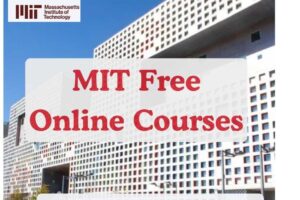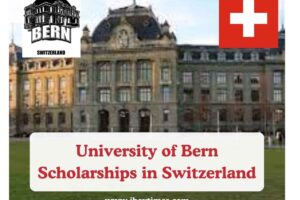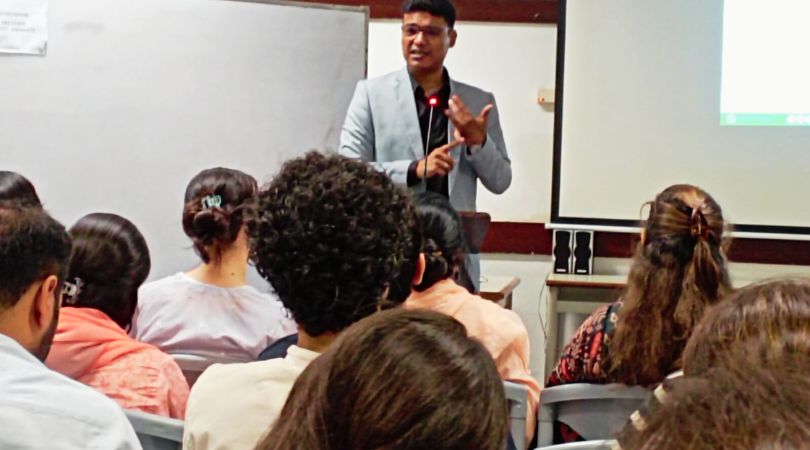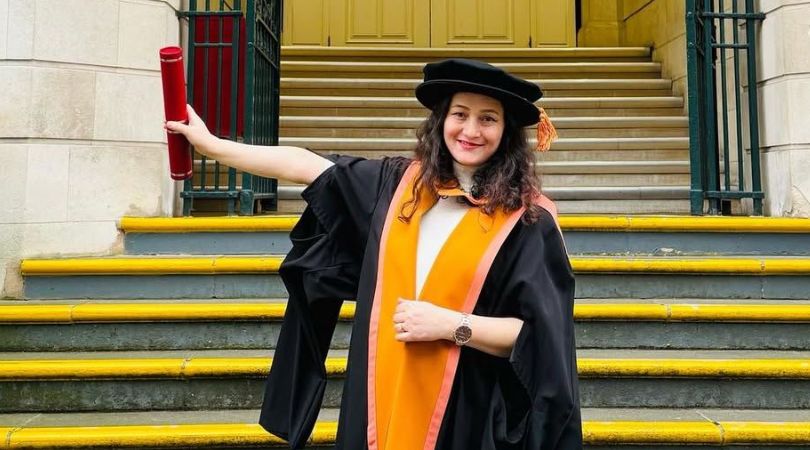Karachi (Educational correspondent): Professor Dr. Asghar Dashti, the Head of the Department of International Relations at the Federal Urdu University of Arts, Sciences and Technology (FUUAST), delivered an insightful lecture concerning the impact of colonial influences on Pakistan’s educational system at the Aga Khan University Institute of Educational Development (AKU-IED) on Saturday.
Dr. Dashti was invited as a guest speaker by the students of Aga Khan University Institute of Educational Development to speak on the topic, “Pedagogy of the Oppressed”.
During his lecture, Dr. Dashti raised important concerns about the origin of educational policies in Pakistan. He asserted that from day one, the educational policies were not the result of indigenous thought processes designed to meet the country’s needs. Instead, they were mainly influenced by foreign capitalist regimes.
Dr. Dashti noted that even today, educational policies in Pakistan are formulated by international organizations such as the World Bank and IMF, which significantly fund the government and implement these policies through institutions like the Higher Education Policy.
Dr. Dashti argued that the current education system in Pakistan is a continuation of the colonial legacy, with a curriculum designed to serve the interests of the elite and international corporate systems.
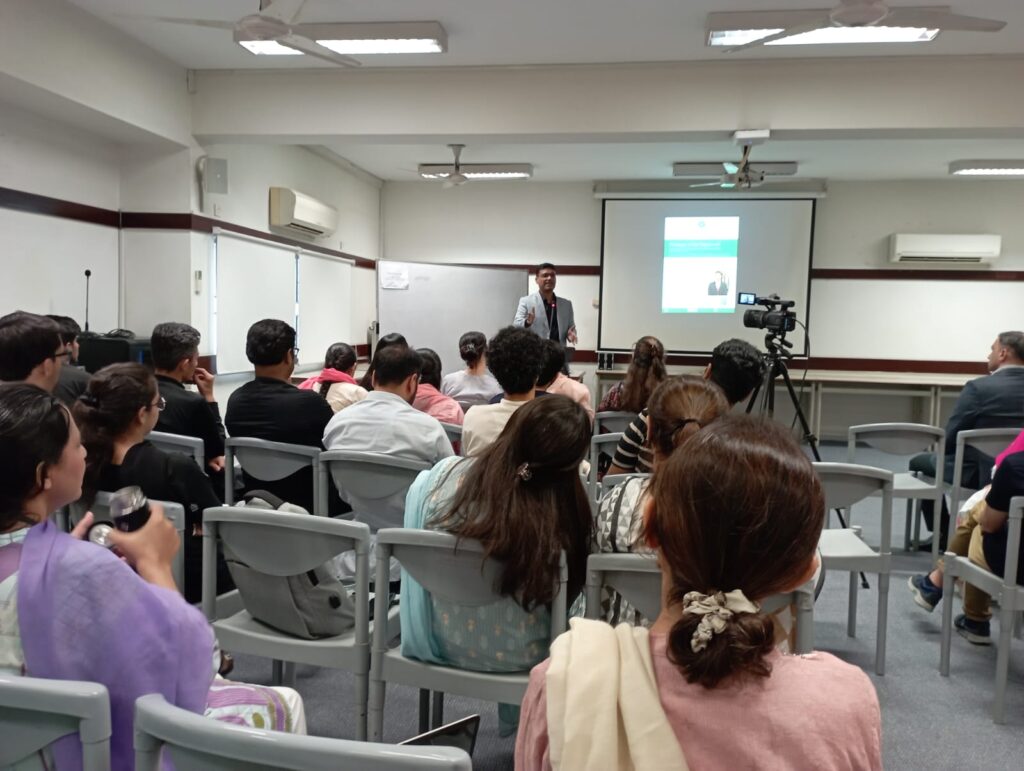
He highlighted the worrying trend of education being treated as a commodity rather than a fundamental right of citizens, attributing this phenomenon to the corporatization of education.
Furthermore, Dr. Dashti drew a parallel between the educational policies and systems of third-world countries, including Pakistan, and the concepts outlined by Brazilian educator Paulo Freire in his book “The Pedagogy of the Oppressed.”
The lecture also featured an engaging Q&A session where students from Aga Khan University Institute for Educational Development asked questions related to the topic. Miss Yasmeen, a representative of AKU-IED, expressed gratitude to Dr. Dashti for sharing his insights and taking the time to speak with the students.
Following the lecture, participants were served with refreshment.
Dr. Asghar Dashti also took the opportunity to visit the library and resource center of the institute, where he was briefed on the availability of books and the procedures for utilizing library facilities by students engaged in educational research.
Dr. Dashti expressed his intention to encourage his university students to make use of these resources following the established criteria.
Dr. Asghar Dashti’s lecture provided a thought-provoking perspective on the state of education in Pakistan and raised important questions about its policies and their impact on the nation’s future.



